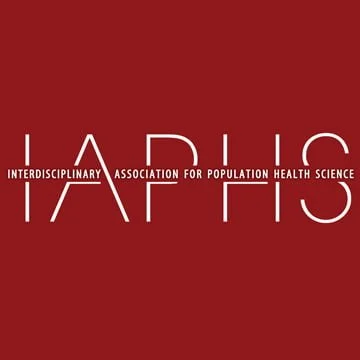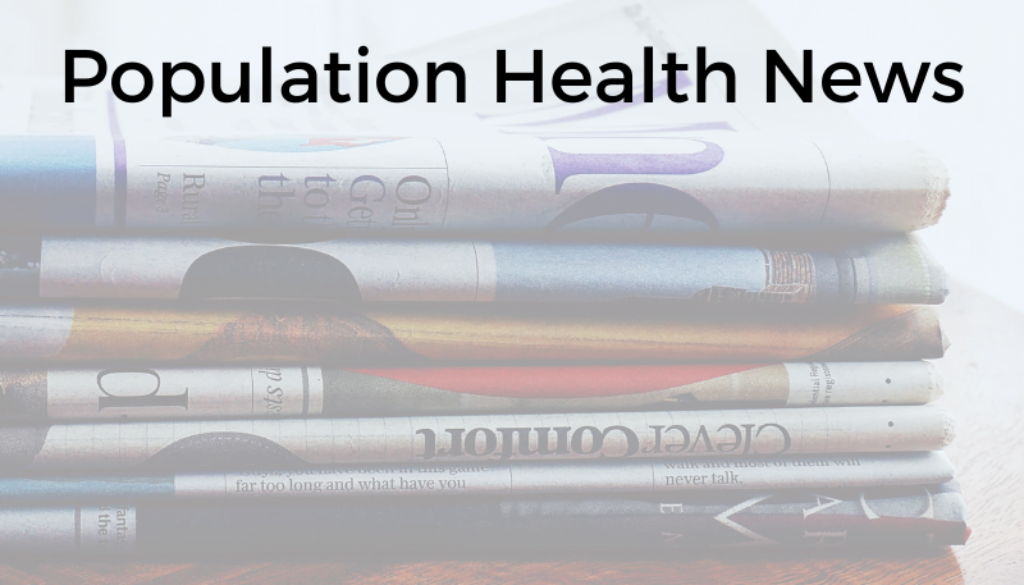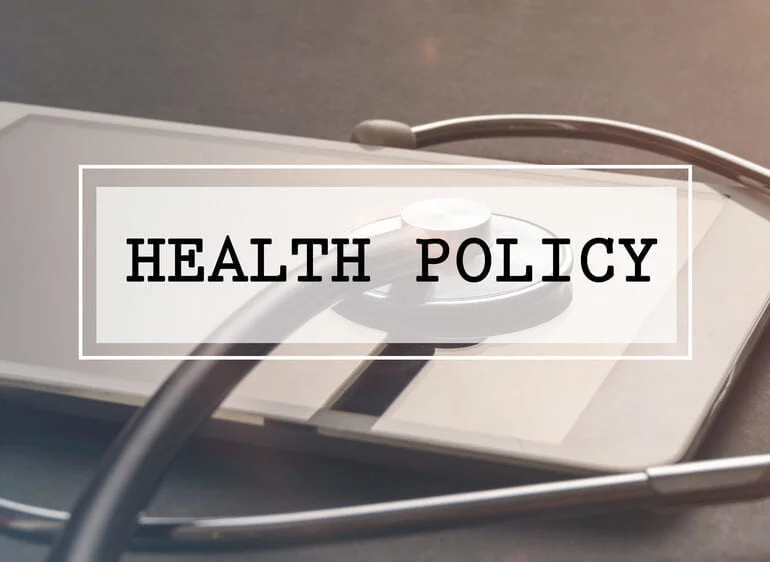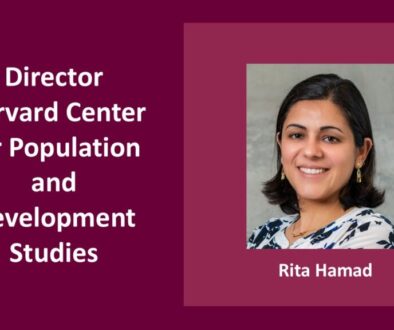Population Health News Round-Up: April 2024
JoAnne DyerIAPHS Members in the News

Sandro Galea in Psychology Today: Galea discusses a bias that comes from living in a western, high-income world. He discusses the privileges that come with living in a country with high resources, the advantages of speaking English (the language of science), and more. (April 3, 2024)
Rita Hamad in AJPM Focus on the take-up of safety net programs in California: “Findings suggest opportunities to increase take-up of potentially synergistic programs by improving cross-program coordination, data sharing, and targeted recruitment of underenrolled subgroups (Supplemental Nutrition Assistance Program and Special Supplemental Nutrition Program for Women, Infants, and Children).” (June 2024)
Courtney Boen, Claire Yang, Allison Aiello, Alexis Dennis, and Kathleen Mullan Harris in Demography: “Our findings offer new evidence of the role of life course social exposures in generating disparities in biological aging, with implications for understanding age patterns of morbidity and mortality risks.” (December 1, 2023)
Philip Alberti on reparations via the American Assocation of Medical College Center for Health Justice website: “Reparations, even when broadly defined and not limited to cash payments, are not supported by the majority of the public…To increase support for reparations, those committed to health and racial justice must do a better job of connecting the dots between historic injustice and modern-day inequity.” (April 16, 2026)
Health Equity and Disparities
New Commonwealth Fund report details health disparities within and between states: “Deep-seated racial and ethnic health disparities persist across the United States, even in states with otherwise high-performing health systems.” (The Commonwealth Fund, April 18, 2024)
Cancer affects older adults disproportionately, but studies are lacking: The lack of research “perpetuates cancer inequities,” according to this scoping review. The system is “ill-equipped” to address these disparities to help an aging population. (Journal of the American Geriatrics Society, February 14, 2024; bolding ours)
Environmental Health and Justice
Prisons in the US have harmful drinking water: Almost half of American prisons may have PFAS pollution in their water supply; these prisons also have a disproportionate number of people from marginalized populations, making this a disparity issue as well. (AJPH, May 2024)
Problems with the “green” movement: Some indigenous advocates say that the transition to a greener world may harm indigenous people around the world. In Fiji, scraping the ocean for minerals to build electric cars is cited as an example. (Grist, April 23, 2024)
Implementation science as a way to achieve environmental justice: Environmental Factor – February 2024: Implementation science can advance environmental justice research (nih.gov)
Built Environments, Spaces, and Places
The rural-urban mortality gap: In the prime working-age population, the natural-cause mortality rate was 43% higher in rural areas than in urban areas. “Overall, both an increase in the rural, prime working-age NCM rates and a decrease in the corresponding urban rates are contributing to the growing mortality gap.” (The USDA Economic Research Service Economic Information Bulletin, March 2024)
Noise, especially from traffic, can harm mental health: Noise can affect the central nervous system and “increase the susceptibility to mental health conditions such as depression, anxiety, suicide, and behavioral problems in children and adolescents.” Mechanisms such as neuroinflammation and dysregulated immune cells are discussed. (Journal of Exposure Science & Environmental Epidemiology, January 26, 2024)
Disadvantaged neighborhoods, brain health, and aging: “Aging in a more disadvantaged neighborhood may worsen a person’s performance on cognitive tests, particularly if that individual is Mexican American.” (National Institute on Aging, February 1, 2024, citing a JAMA Network Open article from 2023)
Policy and Programs
A $500-a-month UBI program boosted employment: In a Guaranteed Basic Income (GBI) pilot program in King County, participant employment increased from 37% to 66%. (KUOW, April 8, 2024)
Ending internet subsidies threatens telehealth access: Funding for an internet discount program for low-income households may end. This FCC program is expected to run out of money in April or May; the FCC chair has asked Congress to help it continue. (KFF Health News, April 4, 2024)
Housing First program linked to improvements in mental health care: In Denver, Colorado, a Housing First program was linked to more office-based psychiatric visits and prescription medications, plus fewer ER visits. (Health Affairs, January 24, 2024)










All comments will be reviewed and posted if substantive and of general interest to IAPHS readers.